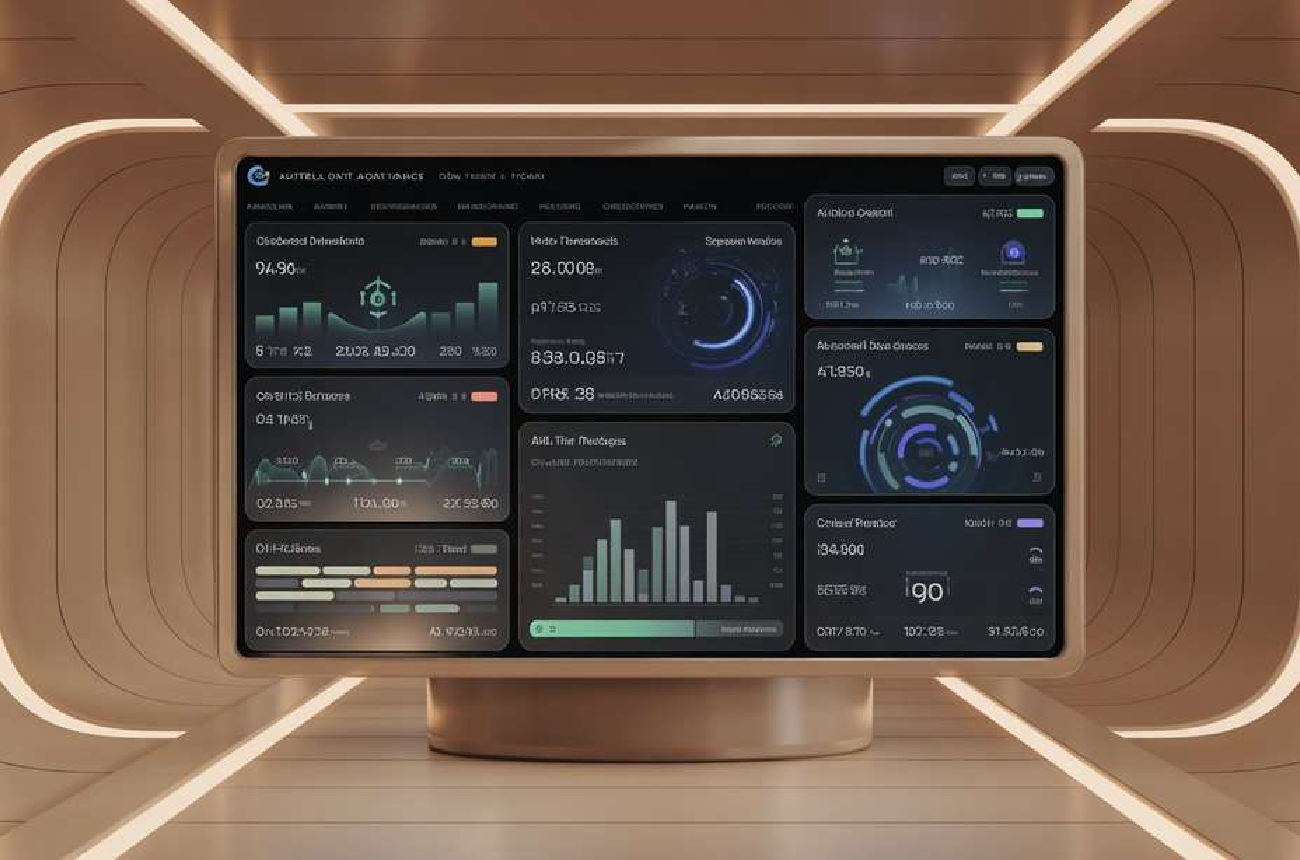Exploring the World of Process Automation
In today's fast-paced hospitality industry, staffing challenges are a constant concern. Many tasks require substantial manual input, taking up valuable time and resources. Let’s review how Process Automation can address these issues, improve efficiency, and enhance employee satisfaction.
Understanding the Need for Automation
Hotels face numerous repetitive tasks that consume employees' work hours. Tasks like running Virtual Credit Cards for OTA bookings, commission tracking, supplier invoices, or rate loading are time-consuming. If a hotel receives 100 reservations a day from an OTA, that's 100 virtual credit cards to manually enter into the PMS.
Benefits of Process Automation
Think of automation as "Digital Workers," which can automate tasks from distribution and reservations to group sales and back-office duties. These digital workers are fast, accurate, and don't take days off. Many large hotel chains already invest in RPA, but smaller operations can also benefit.
Digital Workers integrate with databases and APIs, increasing efficiency and productivity. However, depending on the scale and volume of the tasks a hotel chooses to automate, the cost of implementing process automation can range from minimal to large and requires an initial upfront investment with annual licensing costs.
Development teams are needed to build the automations according to the customer's requirements, but the good news is that once they are built, they can often be deployed across the entire group of hotels under the brand or chain.
Tackling Labor Shortages with Automation
Process automation offers numerous use cases and can significantly reduce workloads and process times. Digital Workers excel at repetitive tasks, freeing staff to focus on quality work. This shift improves job satisfaction and helps address labour shortages in hospitality, particularly in roles with low salaries and long hours.
Group Sales Managers, for example, often take weeks to respond to leads due to multitasking and staff shortages. This delay can drive potential clients to competitors, harming the hotel's reputation. Automation supports work-life balance, making jobs more attractive and manageable.
The hospitality industry continues to face a challenging labour shortage, exacerbated by increased travel demand post-pandemic. Qualified staff are essential, especially in luxury segments. Automation can help bridge this gap, ensuring operations run smoothly despite staffing challenges.
Leveraging Technology for Operational Efficiency
Technology should support, not replace, human workers. Digitalization is now a necessity, not an option. Simple solutions, like digital brochures and upselling tools, can enhance operations. Success stories from Strand Palace highlight the benefits of investing in Process Automation.
Starting small is key. Identify a simple yet painful task, implement automation, and learn from the process. Upgrading the tech stack and moving forward with digital transformation will make future steps easier. Incremental investments in modern tech stacks will free up resources, helping businesses navigate wage pressures and inflation.
Conclusion
Investing in Process Automation and other technologies is essential for future-proofing operations. Implementing modern tech stacks, that support Enterprise Platforms, and Process Automation solutions will eliminate ongoing legacy system issues, enhancing reputation, profitability, and employee attraction.
Key Takeaways
- Efficiency Boost: Automate repetitive tasks to save time and resources.
- Labour Shortage Solution: Use automation to support staff and improve job satisfaction.
- Incremental Investment: Start small, learn, and scale up automation efforts.
- Modern Tech Stack: Invest in contemporary solutions to avoid legacy system pitfalls.
- Operational Necessity: Embrace digitalization to stay competitive and efficient.
By adopting process automation, hotels can streamline operations, enhance guest experiences, and stay ahead in a competitive market.







